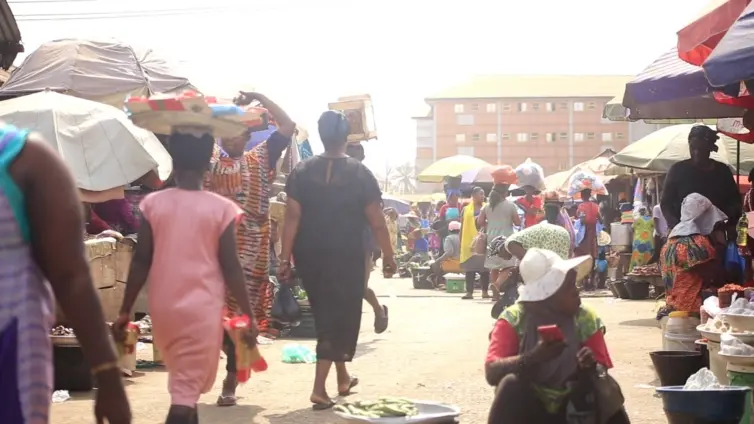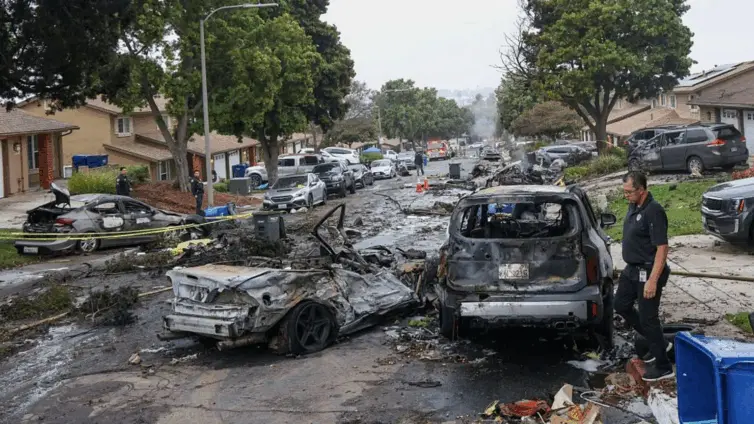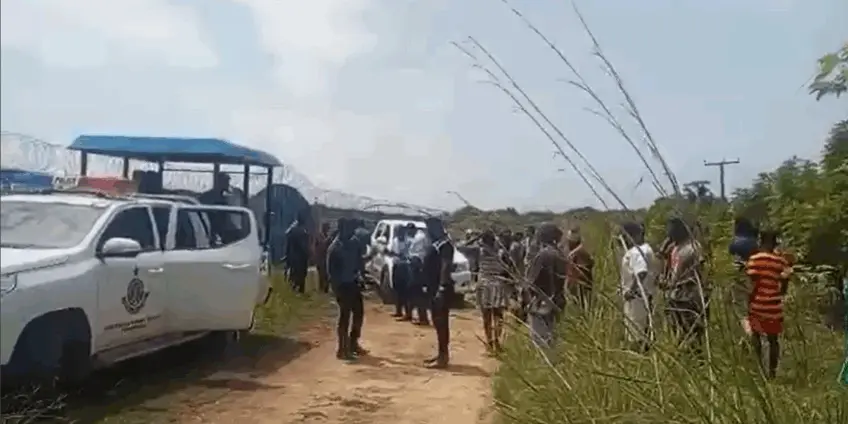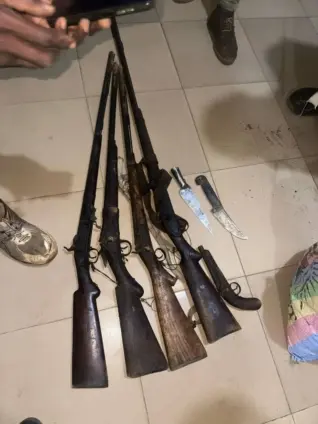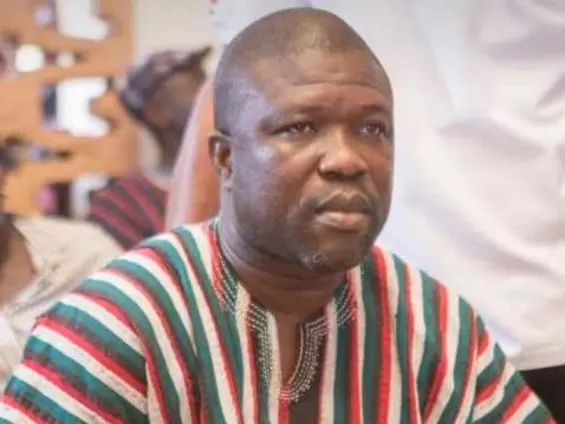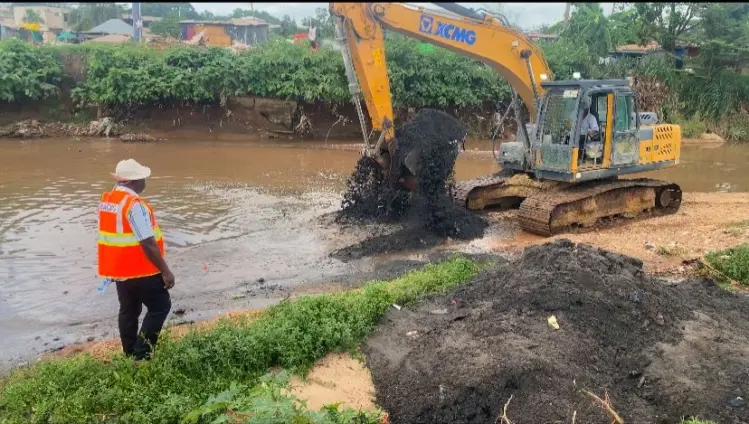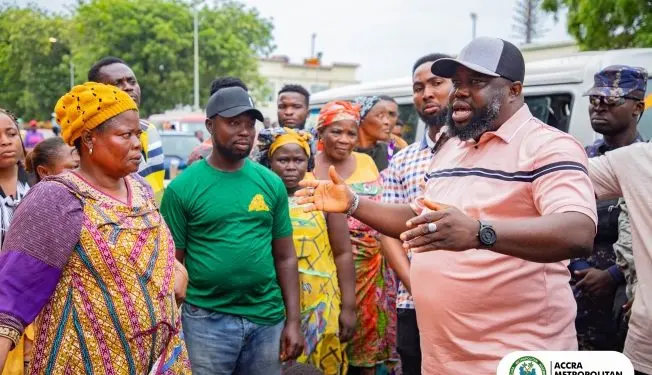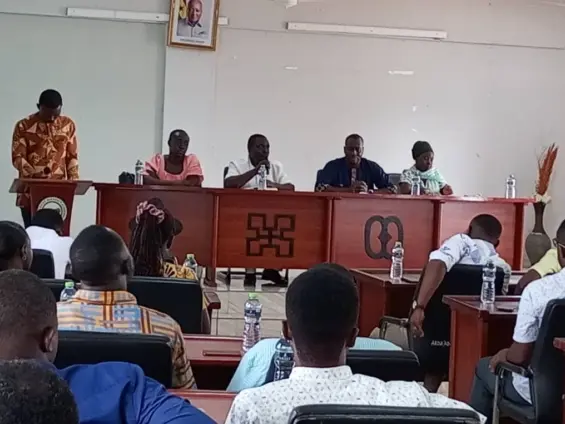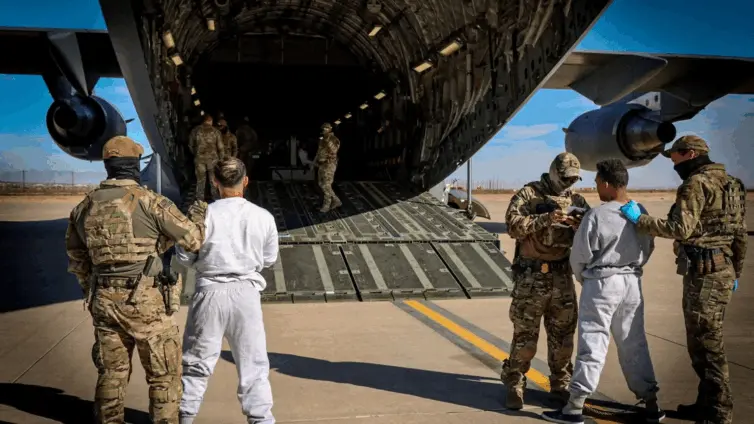The bustling Kumasi Central Market, a vital economic hub in Ghana, is once again at the center of a contentious issue. Traders who were displaced to make way for the Kejetia Redevelopment Project are demanding the fulfillment of a long-standing promise: compensation for the disruptions they faced during the initial eviction. These demands underscore deeper issues of transparency, accountability, and the pace of urban development in Kumasi.
The Kejetia Redevelopment Project, an ambitious undertaking aimed at modernizing one of West Africa’s largest markets, required the temporary relocation of thousands of traders. As part of the agreement, these traders were assured that they would receive financial assistance to cover evacuation and relocation costs. However, years later, the promised Kumasi Market Traders Compensation remains largely undelivered, sparking outrage and frustration among the affected unions.
Now, the Combined Kumasi Central Market Unions are urgently calling on the government to address this outstanding debt, raising critical questions about the management and disbursement of funds allocated for the Kejetia Redevelopment Project.
The Unfulfilled Promise of Compensation
The initial eviction and relocation process placed a significant financial burden on the traders. Forced to absorb evacuation and relocation costs based on government assurances of reimbursement, many traders found themselves in dire straits when successive Kumasi Metropolitan Assembly (KMA) leaders failed to honor the pledge. This has led to significant hardship and distrust.
“We’re pleading with the NDC government to compensate us. The assembly is aware of the issue and must work to pay us the monies we used in relocating,” stated Samuel Obeng, Deputy Operations of the Union, highlighting the persistent nature of their appeals, as reported by Luv Business. The traders maintain that the financial strain caused by the relocation has severely impacted their businesses and livelihoods.
Beyond the unfulfilled promise, the traders are also demanding accountability from former KMA executives, specifically seeking clarity from Osei Assibey Antwi and Samuel Pyne regarding a reported $4 million compensation package. Investigations suggest that these funds were indeed disbursed, yet the traders claim they have not received them. This discrepancy has fueled allegations of misappropriation and intensified the call for a thorough and transparent investigation into the matter.
Decongestion Challenges and the Racecourse Market
Adding to the traders’ woes are ongoing concerns regarding the failure to fully decongest the central business district, a key objective of the Kejetia Redevelopment Project. Five years after the initial relocation, many traders have returned to the streets, creating congestion and hindering the flow of traffic and commerce.
The unions are appealing to the Ashanti Regional Minister and the Mayor of Kumasi for immediate intervention, urging them to enforce the decongestion plan and ensure that all traders are operating in designated areas. They argue that the continued presence of street vendors undermines the purpose of the Kejetia project and creates unfair competition for those who complied with the relocation.
The Racecourse Market, with a capacity to accommodate approximately 10,000 traders, presents a viable solution to the congestion problem. However, many stalls remain vacant. The unions argue that relocating street traders to the Racecourse Market would not only decongest the city but also enhance trading conditions for all. They emphasize the importance of utilizing existing infrastructure to address the challenges faced by traders in Kumasi.
Infrastructure Deficiencies at the Racecourse Market
Despite its potential, the Racecourse Market is plagued by significant infrastructure deficiencies, most notably a poor road network. The dusty and often unmotorable roads, particularly during the rainy season, discourage customers and make it difficult for traders to transport their goods. This has led many traders to abandon their stalls and return to the streets, exacerbating the congestion problem.
The unions accuse city authorities of neglecting basic infrastructure needs at the Racecourse Market, arguing that the lack of attention to these issues undermines the market’s viability and forces traders back into unauthorized spaces. They warn that if these issues are not addressed, they may have no option but to reoccupy the streets alongside their colleagues. This threat underscores the urgency of the situation and the need for immediate action.
Calls for Phase 3 and Market Improvements
Looking ahead, the unions are urging the government and city authorities to expedite Phase Three of the Kejetia Redevelopment Project. They believe that completing the project is essential for creating a modern, efficient, and sustainable trading environment in Kumasi. They also stress the importance of improving infrastructure at the Racecourse Market, including paving roads, providing adequate sanitation facilities, and ensuring reliable access to water and electricity. These improvements, they argue, are crucial for attracting customers and creating a safer, cleaner, and more efficient trading environment.

The Combined Kumasi Central Market Unions are advocating for Phase Three of the Kejetia Redevelopment Project to be expedited. They insist it will create a safer, cleaner, and more efficient trading environment in Kumasi.
The long-overdue resolution of the Kumasi Market Traders Compensation issue, the decongestion of the central business district, and the improvement of infrastructure at the Racecourse Market are crucial for the well-being of Kumasi’s traders and the overall success of the Kejetia Redevelopment Project. The unions’ demands highlight the need for greater transparency, accountability, and responsiveness from government and city authorities. Failure to address these issues will not only undermine the project’s goals but also further erode trust between the government and the trading community.
Image Source: MYJOYONLINE

